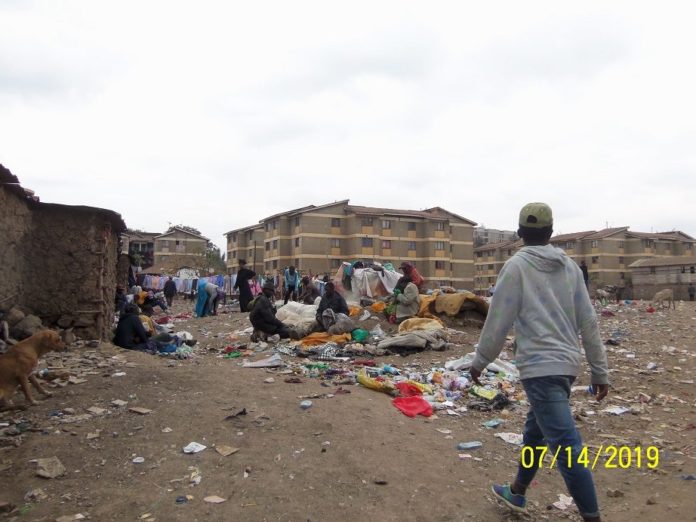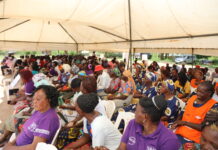By Sharon Kiburi
At 25, she is a mother of two, homeless and a gang leader. This is the story of a young woman born and bred in Ndigo, Majengo slums – one of Kenya’s oldest informal settlements of Nairobi.
Mung’ang’anaji (not her real name) wears a baby-face. She is petite and quite expressive.
At our first meeting with Mung’ang’anaji, she was seated next to a dumpsite. There are several homeless people here. Despite her impoverished surroundings, she has some makeup on with some eye shadow and a touch of powder. She is soft-spoken with a firm tone. She is reserved and quiet.
Mung’ang’anaji is the only child to her mother. Her mother was the second wife to her father. Munga’ng’anaji can’t recall ever seeing her father while growing up. This made her mother’s life quite difficult. With several stepbrothers and sisters, and an absentee father, her mother turned to alcohol.
Mung’ang’ananji had to learn survival skills quite early in life. Tears roll down her eyes as she recalls her past. For four years, she says, she took care of her mother, whenever she passed out too drunk and when she was ill.
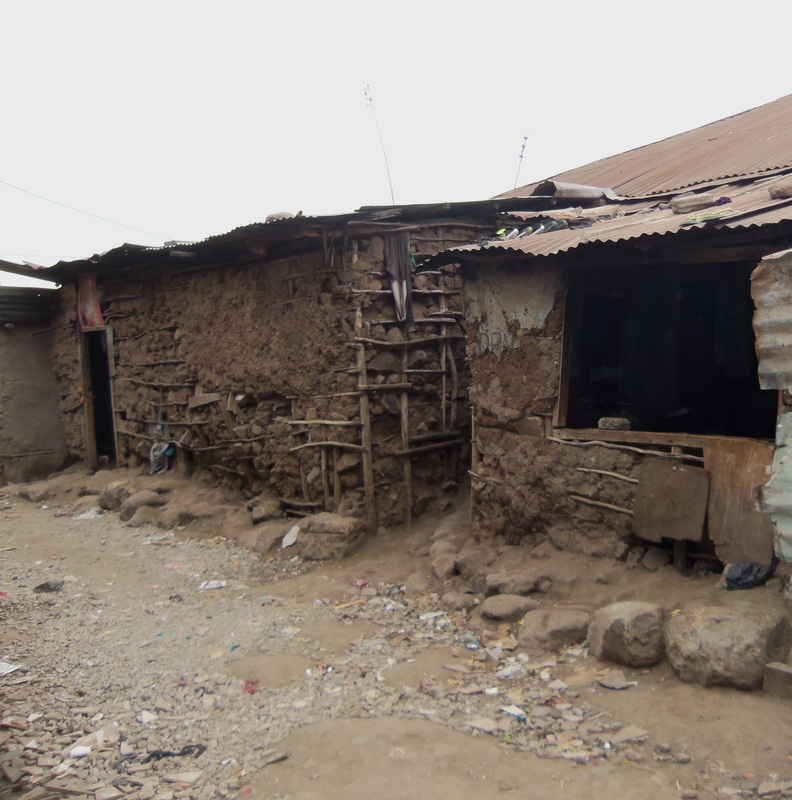
Beyond selling the local brew, her mother also indulged in it, which cost her life in 2010. Mung’ang’anaji’s mother fell ill with TB and upon admission at the Kenyatta National Hospital, doctors discovered that her liver was irreparable.
Eventually, her mother succumbed, leaving Mung’ang’anaji dependant on a father who had not cared for her from the start.
Balancing tears, Mung’ang’anaji narrates the hurdles she faced while going to school and later had to drop out in class seven. “I lacked the right uniform, there were days that I did not have food to eat, and no one to pay my school fees.” Severally, she pleaded with her father, but that too did not bear fruit. So, “I needed to survive”, she says.
Isolated in the world, she craved for love and attention. At the age of 12, she was drawn quickly into a relationship. And this was how she was initiated to the gang world. Her boyfriend was a gang leader, she smiles sheepishly, as she recalls the moment she discovered.
“It felt dangerous,” she says, “but he could take care of me, so I thought it was harmless.” Soon she was not just the girlfriend to a gang leader, she became a member of the gang.
In the beginning, her duties were to carry guns for the boys. But the roles kept on changing as tasks and raiding missions increased. At times, she was the security; she would survey the area before a raid and also be the guard as the others looted. Everything ran smoothly until she became pregnant with her first child.
She had hoped this would be the turning point, to make enough money and bring up their child to a better life. However, her dream was quickly shut down. Her boyfriend was gunned down by the police during a robbery.
Six months pregnant with a dead boyfriend was not how she imagined her life would turn out. After the incident, she went into hiding while her boyfriend’s property was seized. Without a roof over her head, she lived in friends’ houses, but this too did not last long. She was later out on the streets, homeless sleeping by the dumpsite; heavily expectant. It is a good Samaritan that helped take Mung’ang’aniaji to Pumwani Maternity hospital where she delivered her baby.
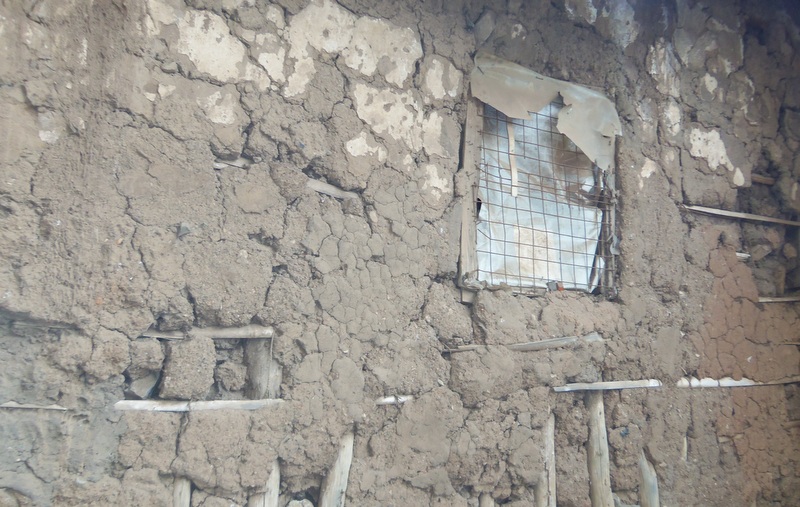
The good Samaritan then housed Mung’ang’anaji for some months after the delivery. Again, this too did not last. It was not long before she was out on the streets, scraping for survival, with an infant.
It did not take long before she was lured back to gang life; the ‘missions’ at least enabled her to survive, says Mung’ang’naji. Weeks into different operations luck was not on her side, she was arrested and put behind bars for eight months. And her child, taken to a children’s home. “I remember the day I was arrested. It was raining. I was worried because my child was being rained on. I prayed to God to shield him.”
Upon serving her term, Mung’anganaji was released, and instead assumed her boyfriend’s role as the gang leader. One time, she says, “We managed to raid an MPESA shop in Hurlingham, and got away with forty thousand Kenya Shillings and a broken leg”.
Later on, Mung’ang’anaji watched all her gang members shot dead while she escaped narrowly although with a heartache.
It is the death of her gang members and friends, that shook her to reality. She moved from the robbery with violence to prostitution. Both young and old men were her clients.
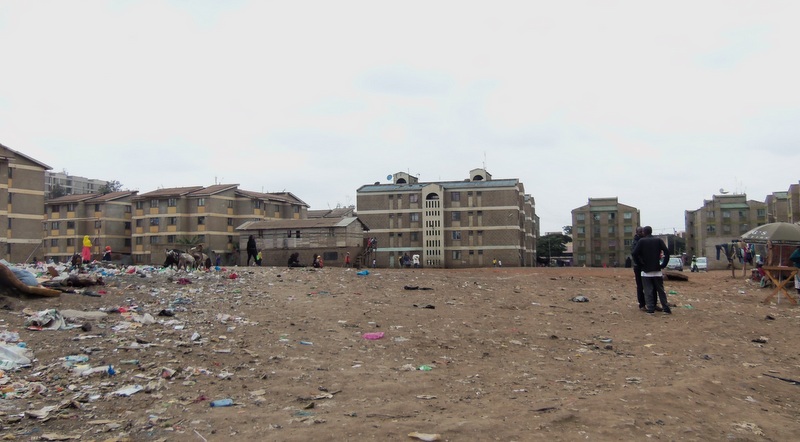
Not an unusual practice in her neighborhood Munga’nga’naji says, “This had its challenges too, from being physically and verbally abused, paid peanuts or no pay at all.”
She says, “I quit one day, I had had enough, I gathered strength and returned to what was familiar; using the gun.” But, as the saying goes, familiarity breeds contempt. This gang she joined, treated her with no respect. While she thought she had escaped prostitution, the boys used her for their gratification. Before long, she was pregnant with her second baby. Nine months later, Mung’ang’anaji gave up her child.
“The pain of giving up one’s child is unbearable,” says Mung’ang’anaji. Now, to numb her pain, she says, she is either always high on drugs, alcohol, Khart (miraa) or tap-tap (yellow and white tabs).
However, Mung’ang’anani has not lost hope. She hopes Allah will come to her aid one day when she will own a home, run a business and provide for two children. “Siku yangu ikiandikwa nitafaulu.”(When my day comes I will prosper). Her two children aged between 3 and 6 live at an orphanage.

